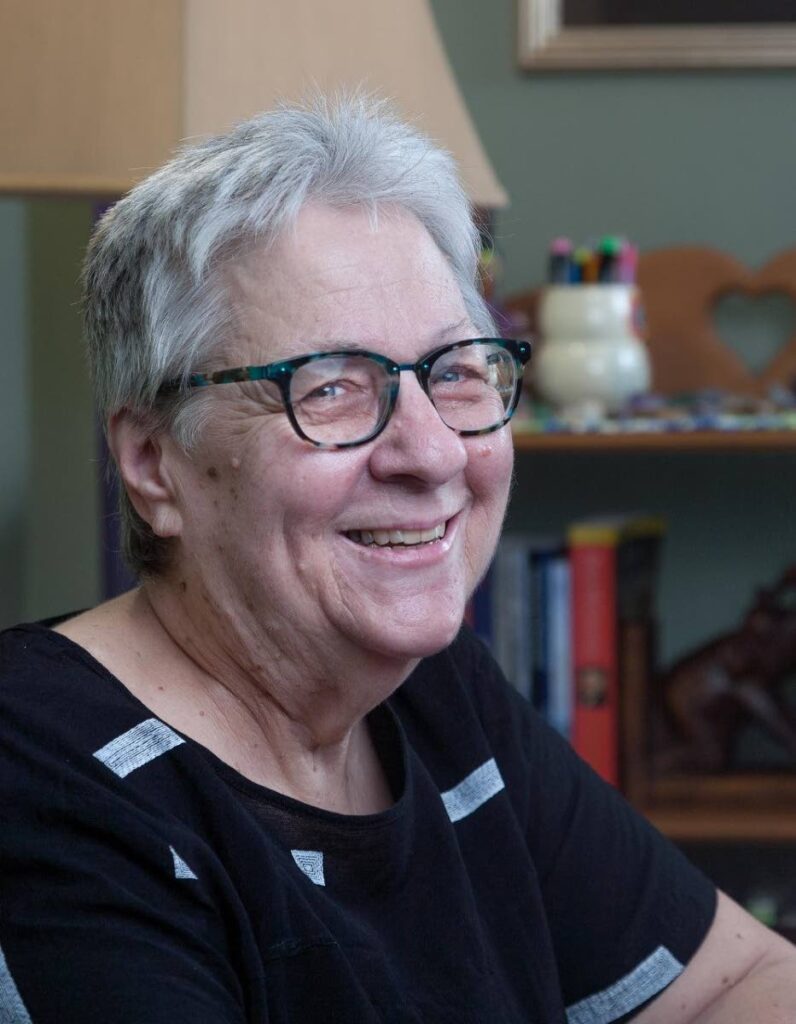Towards seismic education shift

Debbie Jacob
WE ARE a reactive nation rather than a proactive one, with many issues we haven’t figured out how to face. Our many problems include apathy, bullying, child abuse, crime, corruption, disrespect, femicide, prejudice, selfishness and unkindness.
We express righteous indignation on social media after a situation gets out of hand and address the tail end of a problem – like crime – with measures like 2,000 new police vehicles. But the solution to crime requires more than shiny new vehicles and arresting young men who will spend about 14 years in remand; then more than likely have their cases dismissed. We need to back up to the point where we can identify the issues leading to our problems.
Proactive solutions begin with addressing irrelevant education. A relevant education engages students and keeps them in school. Recognising that our education system is anachronistic and too dependent on “subjects” means facing the past and actively working towards a future where schools teach values: empathy, co-operation, truthfulness, collaboration and leadership. If children learn these values, they won’t bully or be bullied.
Fixing education means committing to the hard work it will take to replace a neo-colonial system that teaches for exams and mainly prepares students for a university education, which suits about 20 per cent of the students in this country. The rest get little from their education and some become dropouts. Slapping new names on the same old educational model, calling Common Entrance SEA, or changing A-levels to CAPE haven’t been constructive.
To be proactive we also need to find a better social construct that eliminates bias and false loyalty that can only lead to friction and divisiveness. The most damaging word in this country is “batch.” It is the bane of the police and prison services. Every time I hear someone refer to a colleague as “my batch,” I cringe. That misplaced feeling of loyalty, which comes merely from having gone through the ritual of training, excuses unacceptable, embarrassing, unethical and even illegal behaviour. “Batch” means unquestioned loyalty.
As I always say, we are better than the colonisers in upholding colonialism, particularly the tenet of divide and rule. We divide ourselves into batches, ethnicities, tribes and sections. That’s why Carnival bands work so well. We get to choose a tribe and blindly chip along the street, make a lot of noise and pretend division doesn’t exist in Trinidad and Tobago.
Like everyone else in this country, I am sad and angry about the lack of discipline and the bullying that go on in our schools.
The system is partly to blame for that. We removed corporal punishment from schools (and rightfully so), but did not have a clear idea of what real discipline is or how to cultivate it. Colonial education is about obedience and conformity, and real discipline is a self-motivated process of internalising values.
Reading is the foundation of a values-oriented education. Good fiction and non-fiction inspire students and teach important social values. Students need to see themselves – their experiences, values, issues and conflicts – in the literature they read.
Parents must encourage leisure reading at home too. It is the best habit you can instil in your child. Books make connections to real-life problems in a safe space where children can process feelings they might not be able to articulate to adults.
The Ministry of Education’s counselling and support programmes are important, but they are reactions to an existing problem, and the problem is always how to get children to trust the system and take that first step to get help. Once in a programme, the time between appointments can feel like a no-man’s land.
Children entrenched in reading find books with characters facing their problems, and they can reach for that comfort and support whenever they need it.
Teenagers in my CXC English language, literature and Caribbean history classes in YTC and in prisons learned many invaluable lessons from reading. Their confidence soared. They learned to articulate their feelings and problems, developed empathy and honed their co-operation and analytical skills through reading and the prison debates. Fourteen years after my first class, former students still keep in touch, often to tell me what they are reading.
Let’s learn from our mistakes, put the past with its colonial values behind us and head off our problems rather than merely react to them when they get out of control. We need a seismic cultural shift in the education system so we can become a proactive nation.

Comments
"Towards seismic education shift"